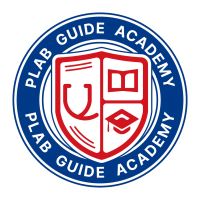
PLAB Guide Academy
Is this your first time here?
Register Your New Account at PLAB Guide Academy Today. After submitting your information, you will receive account confirmation email. In case you did not receive confirmation email in your inbox, please check your spam folder before you contact us. Please do not hesitate to contact us if the problem persists.